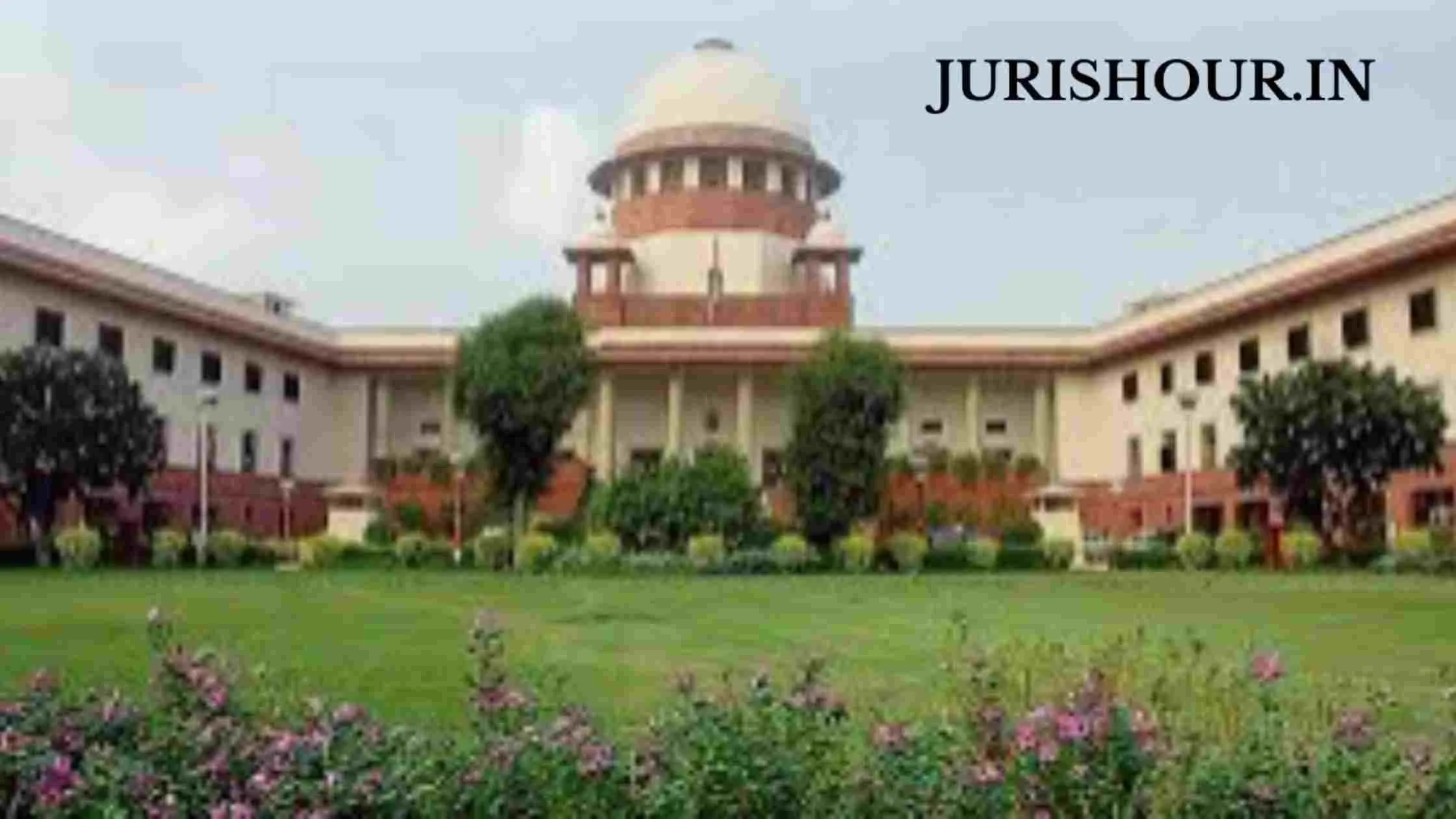The Supreme Court has dismissed a series of appeals filed by Hyatt International Southwest Asia Ltd., affirming the Delhi High Court’s findings that the company maintains a Permanent Establishment (PE) in India under the India–UAE Double Taxation Avoidance Agreement (DTAA).
The bench of Justice J.B. Pardiwala and Justice R. Mahadevan ruled that the company’s income from Indian hotel operations is taxable in India under Article 7 of the DTAA.
The petitioner Hyatt International, incorporated in the Dubai International Financial Centre and a UAE tax resident, had entered into long-term Strategic Oversight Services Agreements (SOSAs) in 2008 with Indian hotel owners, including Asian Hotels Ltd., for Hyatt properties in Delhi and Mumbai. These agreements, extending over 20 years, entitled Hyatt to provide strategic planning, branding, human resource oversight, and financial controls for the hotels.
Although Hyatt claimed that its services were advisory in nature and executed from Dubai, Indian tax authorities argued that its involvement in hotel operations—through staff visits, recruitment authority, policy control, and managerial influence—constituted a fixed place PE under Article 5(1) of the Indo-UAE DTAA.
The appeals spanned multiple assessment years (2009–10 to 2017–18), with tax demands totaling several crores. Earlier decisions by the Income Tax Appellate Tribunal (ITAT) and the Delhi High Court had concluded that Hyatt had a PE in India, primarily based on its operational control and its executives’ regular physical presence at Indian hotels.
Hyatt challenged these findings, contending that it had no fixed place of business in India. Its employees only made brief visits. Hotel operations were handled by Hyatt India Pvt. Ltd., a separate legal entity.
However, the Supreme Court bench of Justices J.B. Pardiwala and R. Mahadevan rejected these arguments, citing operational control and the enforceable rights under the SOSA.
The Court held that Hyatt exercised “pervasive and enforceable control” over hotel operations, including Appointment of General Managers and key executives, Strategic and operational decision-making authority, Financial oversight including control over bank accounts, Policy-setting in HR, branding, and marketing.
The court noted that these activities, performed through hotel premises in India, constituted a “fixed place of business” under Article 5(1) of the DTAA.
The Court emphasized that economic substance—not legal ownership—determines the existence of a PE. Even without owning or leasing space, Hyatt’s ability to control operations from hotel premises met the “disposal test” set out in the Formula One and E-Funds cases.
Rejecting the company’s argument that its services were merely “advisory” or “auxiliary”, the Court found Hyatt’s involvement to be “core and essential,” extending beyond strategy to implementation and performance-linked outcomes.
Referring to the Delhi High Court’s earlier decision (now affirmed), the bench clarified that attribution of profits to a PE in India is valid even if the foreign entity as a whole incurred global losses. What matters is the local profit-generating activity and its tax nexus with India.
With a 20-year agreement and consistent operational involvement, the arrangement satisfied the three essential PE attributes—stability, productivity, and dependence.
During the pendency of the appeal, the Court had stayed penalty proceedings. However, with the dismissal of the appeal, the company now faces the possibility of penalty assessments, subject to further procedural developments.
With this judgment, the Supreme Court has sent a strong signal about India’s commitment to enforcing source-based taxation principles under international treaties. The ruling also clarifies the legal standards for determining a Permanent Establishment, placing emphasis on commercial reality over contractual labels or structural formality.
Case Details
Case Title: Hyatt International Southwest Asia Ltd. Versus Additional Director Of Income Tax
Case No.: Civil Appeal No. 9766 Of 2025
Date: JULY 24, 2025
Read More: CBI Court Convicts ED Officer In Rs. 5 Lakh Bribery and Extortion Case

